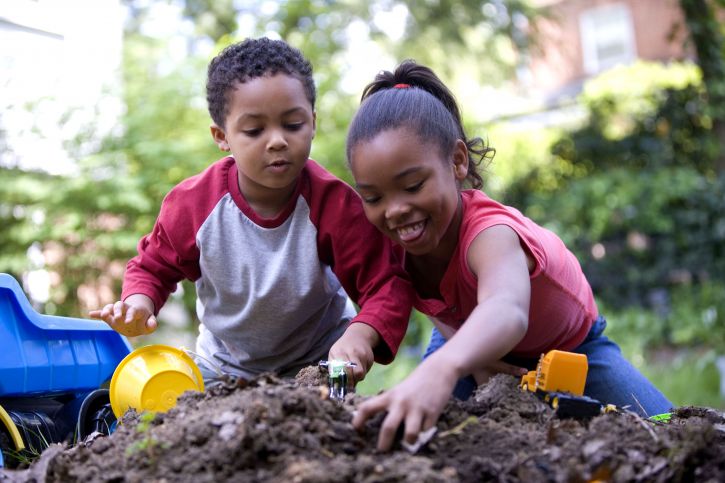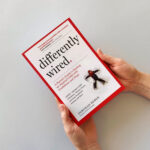In some of the most exciting scientific developments of our time, researchers have recently discovered the myriad ways our tiny microbes (a.k.a. “the stuff in our gut”) have a powerful impact on our health. Among the most important but little-known revelations in this paradigm-shifting field are the ways a child’s gut-health can affect their well-being for the rest of their lives. Fortunately, researchers like B. Brett Finlay, Ph.D., and Marie-Claire Arrieta, Ph.D.—both parents and microbiologists at the forefront of the field—have found concrete ways parents can implement this knowledge to positively influence their child’s health long-term. In their book, Let Them Eat Dirt: Saving Your Child from an Oversanitized World, Brett and Claire explain how the trillions of microbes in our bodies strongly affect childhood development; why an imbalance in those microbes can lead to obesity, asthma, diabetes, among other chronic conditions; and how—from conception on—parents can make choices to influence their own behaviors and those of their children.
Here are just a few of the important facts about microbes and children that Brett and Claire share in their book:
Caring for your child’s gut-health during the first five years of life is crucial.
The microbiota takes about 3–5 years from the time we’re born to become a fully established community. There is a window during early childhood when a real difference can be made in establishing a solid foundation for future health.
Cleanliness may be harming us.
The past hundred years have brought advances in and more widespread use of antibiotics, antivirals, vaccinations, chlorinated water, pasteurization, sterilization, hand sanitizers, and even good old-fashioned hand washing. However, diseases and disorders like asthma, allergies, obesity, and autism are on the rise at an alarming rate. There is a connection here, and this book explains it.
It’s a fact: antibiotics are overused.
A recent study of 65,000 children in the U.S. showed that more than 70 percent of them had received antibiotics by age two, and that those children averaged eleven courses of antibiotics by age five. Disturbingly, children who received four or more courses of antibiotics in their first two years were at a 10 percent higher risk of becoming obese. That antibiotics are overused is no longer debatable; it’s a fact—and they are killing our good microbes.
Kids need dirt.
You don’t have to move to a farm (although Amish children raised among pastures have excellent gut microbiota), but making changes like less frequent hand-washing after outdoor play, letting your dog snuggle with your baby (dogs are truly a microbe’s best friend), and requiring daily outside time will all help build a stronger microbiome in your child.
Germ myths need to be debunked.
Do I need to sterilize their bottles every time? (No.) What kind of soap should I use? (Avoid antibacterial soap and sanitizers.) Is it okay that my dog licked my baby? (Absolutely, dogs are great spreaders of healthy outdoor microbiota.) What do I do with a dropped pacifier? (Clean it in your own mouth! Mom’s germs—aka microbiota—are good for baby.)
There is hope for the future.
Considering our children’s guts as the key to their health is a new concept, and we’re learning more and more every year. Rapidly increasing medical breakthroughs suggest that future therapies that restore the microbiota could decrease—or even prevent—previously unbeatable conditions, such as allergies, asthma, autism spectrum disorders, and intestinal diseases.
Visit www.LetThemEatDirt.com for more information.






No Comments